Parliamentary committee grants clause-by-clause approval to 49 amendments
The joint parliamentary committee of the Senate and National Assembly on Sunday approved the draft of the 27th Constitutional Amendment, which includes proposed changes related to the appointment of heads of the armed forces.
The committee approved 49 amendments included in the draft.
The proposed amendment bill is expected to be tabled for approval in the Senate session tomorrow (Monday).
According to the draft, the President of Pakistan will have the authority to transfer any high court judge on the recommendation of the Judicial Commission.
In case of transfers, the chief justice of the respective high court will also serve as a member of the Judicial Commission.
The Supreme Judicial Commission will have the power to approve transfers.
However, the chief justice of a high court cannot be transferred, nor can any judge senior to the chief justice of another court.
Judges refusing transfer will stand retired, and will be entitled to pension and privileges.
Similarly, a judge who declines appointment to the Federal Constitutional Court will also be deemed retired.
The committee also approved the proposed amendment to Article 243 concerning the appointment of the Chief of Army Staff (COAS), while the government sought more time to review the ANP’s proposed amendment.
However, the government sought time on MQM’s proposals on local government, while the government decided to hold consultations with other stakeholders regarding an increase in the Balochistan assembly seats.
Federal Law Minister Azam Nazeer Tarar said that responses to the allies’ proposed amendments would be given tomorrow.
Key points of the draft
The 27th Constitutional Amendment draft comprises 48 clauses.
Under Article 42, the word Pakistan is proposed to be replaced with Federal Constitutional Court.
Article 59 clarifies the tenure of members, setting March 11 as the uniform end date.
In Article 63-A, the word Supreme is proposed to be replaced with Federal Constitutional.
Article 243 amendments stipulate that the President, acting on the Prime Minister’s advice, will appoint the Chief of Army Staff, who will also serve as the Chief of Defence Forces.
The post of Chairman Joint Chiefs of Staff Committee is proposed to be abolished from November 27, 2025.
The Prime Minister, on the Army Chief’s recommendation, will appoint the Commander of the National Strategic Command.
Ranks of Field Marshal, Marshal of the Air Force, and Admiral of the Fleet will be lifetime designations with corresponding privileges.
A seven-member Federal Constitutional Court is proposed, replacing several references to the Supreme Court in various articles.
The Chief Justice of the Federal Constitutional Court will serve a three-year term. Judges will be appointed through the Judicial Commission, where both the Supreme Court and Constitutional Court will have representation.
The amendment proposes abolishing the Supreme Court’s suo motu powers under Article 184.
Judges of the Federal Constitutional Court must be Pakistani citizens, with 20 years of legal experience, and the retirement age is set at 68 years.
All public interest cases currently pending before constitutional benches will automatically be transferred to the new Federal Constitutional Court.
The court will have jurisdiction over disputes between federal and provincial governments and will also hear presidential references.
The court’s permanent seat will be Islamabad, and its decisions will be binding on all courts, including the Supreme Court, whereas Supreme Court rulings will not apply to the Constitutional Court.
Amendments also include revisions to judicial oaths, replacing “Supreme Court” with “Federal Constitutional Court.”
The federal government will have the authority to promote military officers to the ranks of Field Marshal, Air Marshal, or Admiral Chief, with lifetime privileges and status as national heroes.
These officers cannot be removed without following Article 47 procedures.
The government will also define their duties and responsibilities, while the President, acting on the Prime Minister’s advice, will determine their salaries and benefits.
Clauses related to the NFC Award, population, education, and health — transferring powers to the federation — have been dropped following PPP’s objections, as were provisions concerning executive magistrates’ powers.
For the latest news, follow us on Twitter @Aaj_Urdu. We are also on Facebook, Instagram and YouTube.








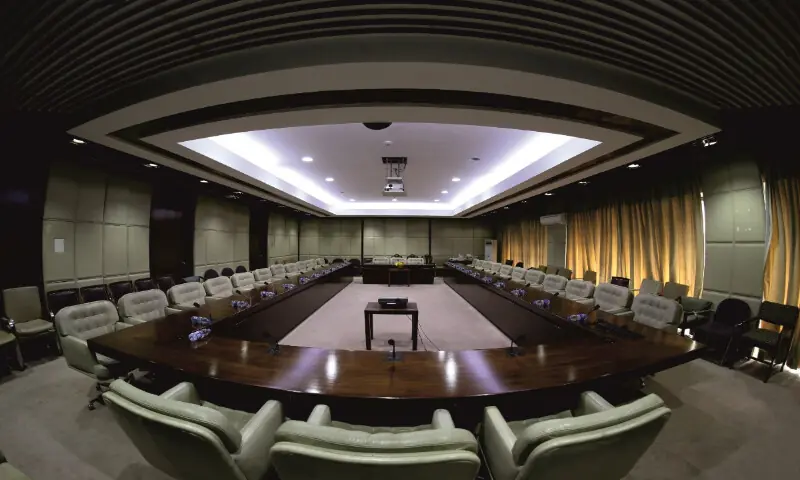




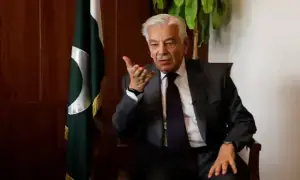
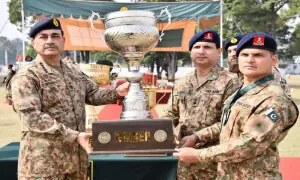
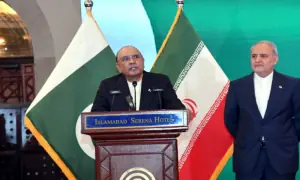
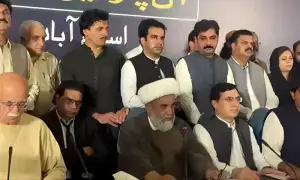
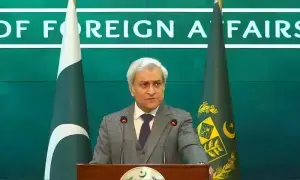

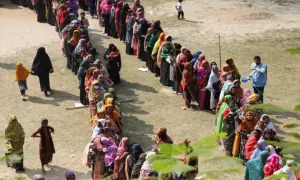


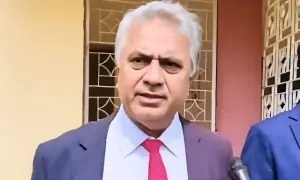
Comments are closed on this story.